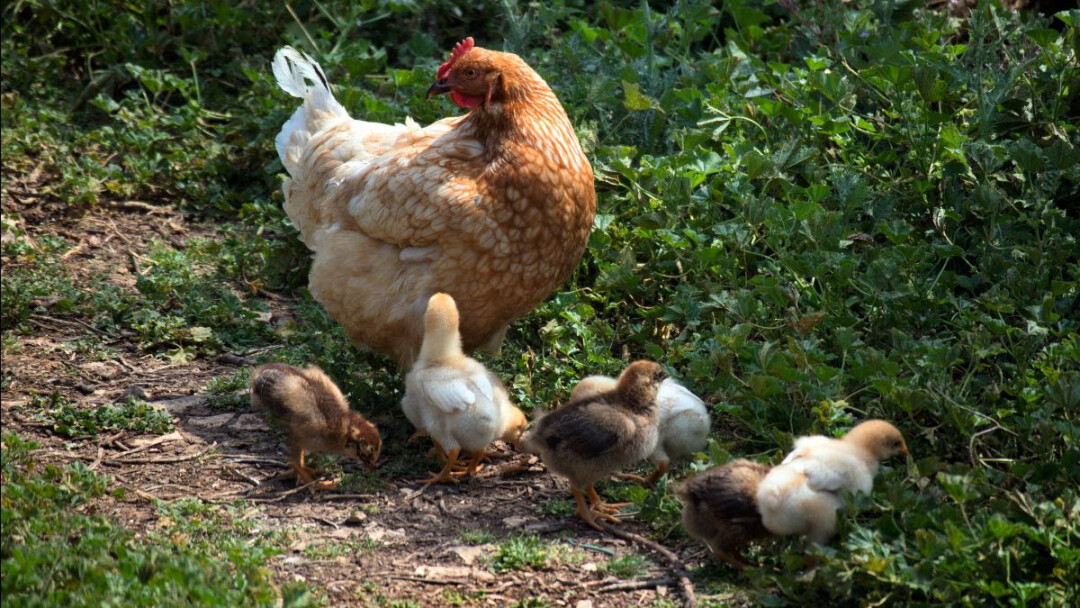|
Luke 13:31–35 (ESV)
31 At that very hour some Pharisees came and said to him, “Get away from here, for Herod wants to kill you.” 32 And he said to them, “Go and tell that fox, ‘Behold, I cast out demons and perform cures today and tomorrow, and the third day I finish my course. 33 Nevertheless, I must go on my way today and tomorrow and the day following, for it cannot be that a prophet should perish away from Jerusalem.’ 34 O Jerusalem, Jerusalem, the city that kills the prophets and stones those who are sent to it! How often would I have gathered your children together as a hen gathers her brood under her wings, and you were not willing! 35 Behold, your house is forsaken. And I tell you, you will not see me until you say, ‘Blessed is he who comes in the name of the Lord!’ ”
In the animal world, it’s pretty amazing how mother animals will protect their young. Mother cats will hide their kittens in safe places, mother elephants will run down any attackers, and mother bears—well don’t mess with the cubs.
The passage today is one that is difficult to read and understand, but in it, Jesus gives us this great image of a mother hen who gathers her chicks under her wings to protect them. It’s interesting to know that mother hens are very protective of their chicks. There are records of mother hens, caught in a barn fire, who shelter their young under their wings. After the fire had died down, people have found a dead hen but discovered live chicks under her wings.
So what is Jesus saying to us with this image?
Looking back at verses 31-33, it’s clear that the conflict which has been building with the religious leaders will come to a head when Jesus arrives in Jerusalem.
Here, the Pharisees are warning Jesus that Herod is seeking Jesus’ life. It’s possible that the Pharisees are sincere in their warning, but it’s unlikely. The Pharisees are mentioned twenty-six times in Luke’s Gospel and each time they are painted in a negative light as they are in opposition to Jesus’ work and mission.
Herod, too, opposes Jesus’ purpose. Jesus calls Herod a “fox,” and that title is full of meaning. One meaning behind calling someone a “fox” was to label them as crafty and sly, a person not to be trusted. Another meaning behind the title “fox” is to reveal a person as something much smaller and not terrifying at all!
Herod thinks that he has great power and position, and in some ways, he deserves the label of infamy for the lethal ways in which he exercised his power.
However, in the grand scheme of things, Herod is a bit player, a toothless, clawless lion, who is powerless to stop God’s will and purpose as it unfolds in and through Jesus.
Herod’s powerlessness is revealed in Jesus twice repeated expression, “today and tomorrow and the third day (the day following) (in verses 32-33).
The point Jesus is making is that through His death, He will fulfill God’s purpose and will. What’s awesome is that neither the Pharisees nor Herod has the power to stop Him.
So we’ve come full circle as we close off chapter thirteen. The chapter began with Jesus’ call for people to repent and here Jesus is fixed on Jerusalem and fulfilling God’s will and purpose as the cross looms near.
Jesus will soon take upon Himself all of our guilt and darkness and what He offers in the call to repent is light and new life and we can have it, if we will accept His invitation, step through the narrow door, and entrust Him with everything.
I urge you to accept the invitation and say to the one who, like a mother hen, took all of our guilt and judgment upon Himself, “Blessed is He who comes in the name of the Lord.”
Good stuff for us to consider this day.
God bless you and know that you are constantly in my prayers!
Scott
|

